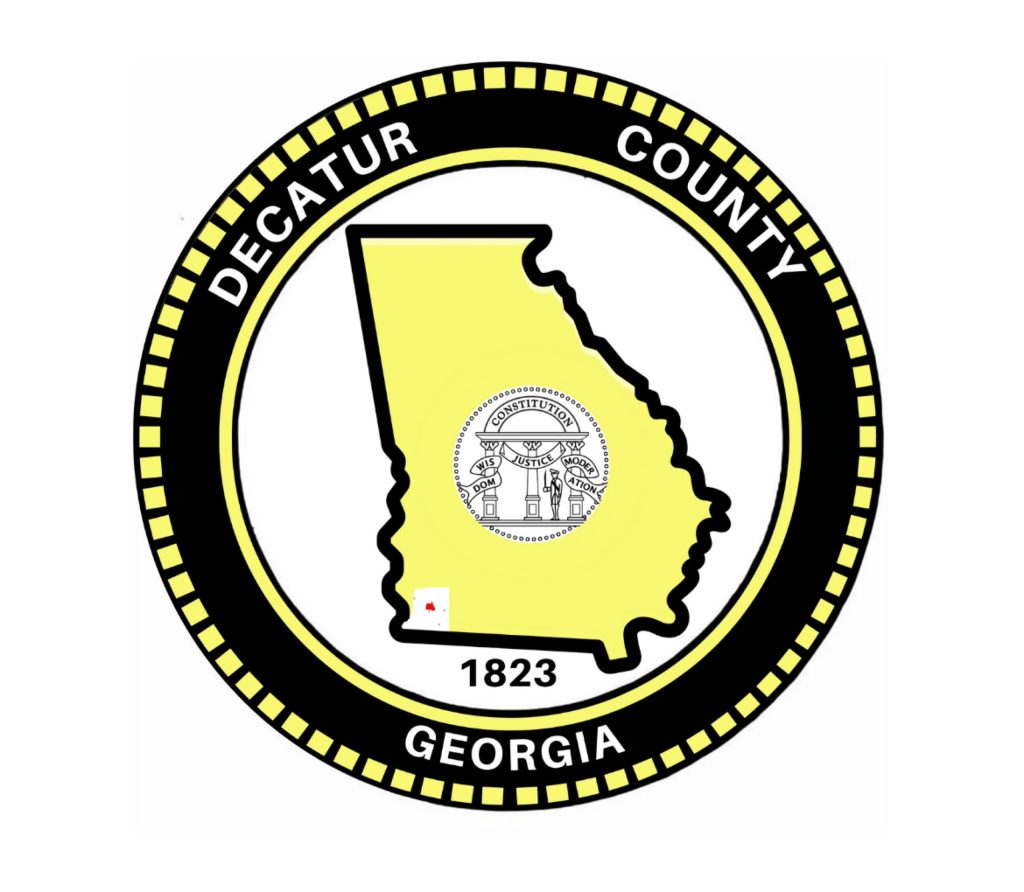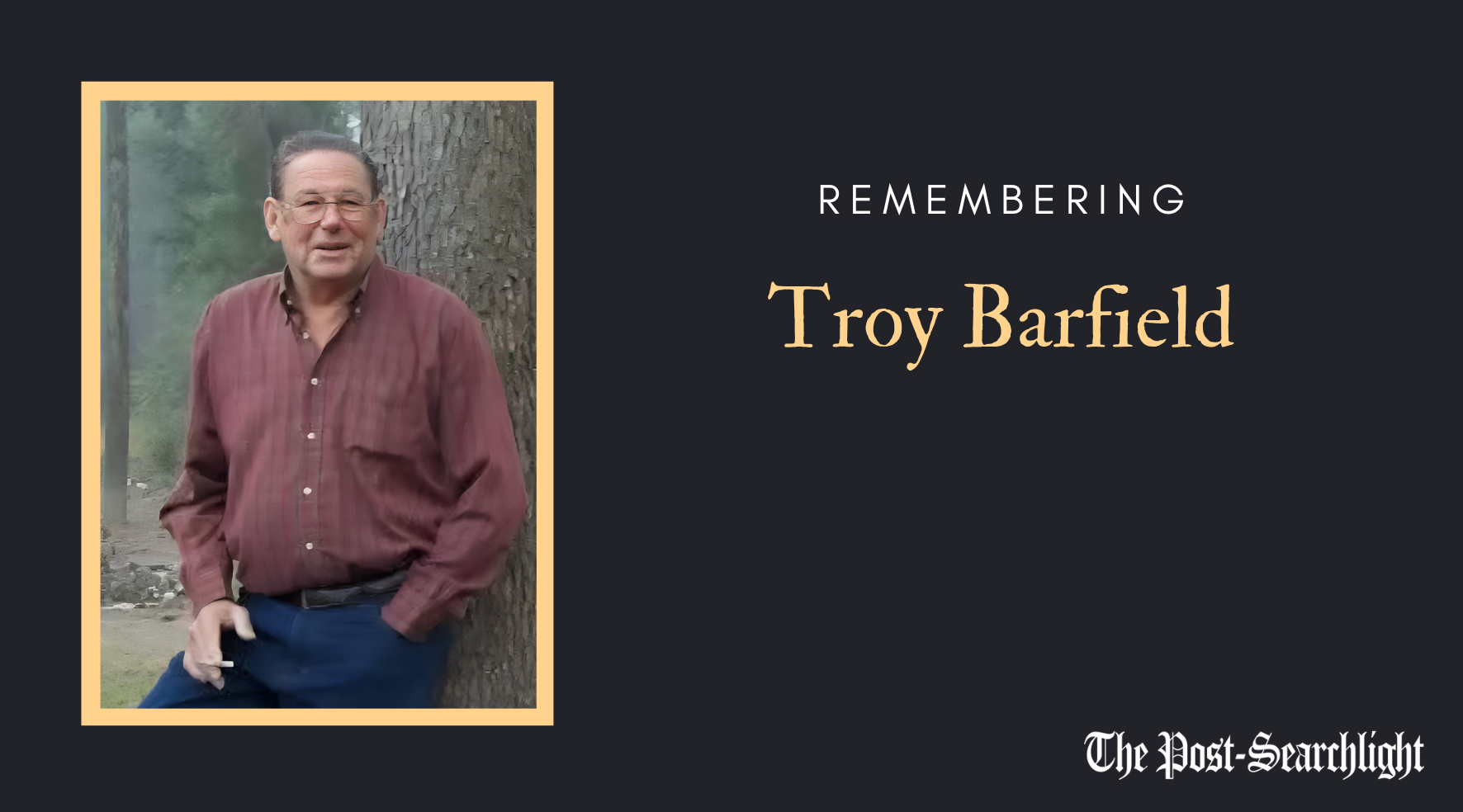County commissioners hear funding request from Health Department, reaches apartment tax agreement
Published 8:45 am Wednesday, March 5, 2025
|
Getting your Trinity Audio player ready...
|
The Decatur County Commissioners met for their final meeting of February last Tuesday evening. To begin, Chairman Pete Stephens requested the addition of an executive session to the agenda, which was approved.
The first item of new business was a recommendation from the Planning Commission, regarding a telecommunications tower. Community Development Director Steve O’Neil addressed the commissioners about the matter. The applicant is NextTower Development Group II, LLC, with the proposed site on Faceville Highway. According to O’Neil, the Planning Commission had voted to unanimously approve the application, with the condition that a buffer be maintained around the property. The iniital carrier on the tower will be T-Mobile, but there will also be three additional availabilities for other service providers. The commissioners voted to approve the recommendation.
Next, the commissioners heard a request from the Health Department. Trisha Johnson, District Administrator for the regional public health district, spoke to the commissioners, requesting additional funding.
“The provision of public health services comes at a cost,” she said. “Some services generate revenue, while some do not… Public health services rely heavily on state grant aid, and federal funding sources, but another important fund source is the financial assistance provided by the county commission.”
Johnson discussed the amount of funding received from the various counties in the district, relative to each county’s population. This funding rate is referred to as “county participation.” The average annual county participation across the entire district is $10.94 per resident. For Decatur County specifically, the rate is $3.44 per resident.
“The last time we had an increase in our aid was in 2004,” Johnson said, “and then in 2013, we had a significant decrease of 24%, and then the very next year, in FY ’14, we had a decrease of 33% more.”
Johnson stated that, for the past few years, their funding level has been “okay”, due to receiving funding during the COVID pandemic.
“You know, I hate that COVID came, but COVID came, and with that came a lot of money,” she said. “So they were throwing money at us to be able to serve the population and help with the COVID pandemic. But now that the COVID money’s going away, we’re still trying to do our services and do what we need to do to reach the population here in Decatur County.”
With this decrease in funding, the health department also has less staff than during the height of COVID.
“We do a lot, and so far we haven’t had to cut any services,” Johnson said, “but if things keep getting more expensive and we don’t have any increases, then we’re going to have to start looking at that. So we’re trying to head that off and not have to make any hard decisions.”
The total amount requested by the department was $50,000. After asking some questions regarding health department services, Chairman Stephens stated that the previous cuts were not made by this board. The commissioners agreed to consider the request in the county budget, which is currently being developed.
Following this discussion, the commissioners considered nominations for the Memorial Hospital Authority Board. These nominations included Rusty Davis, Steve Brock, and Darren Deal for the position currently held by Davis; and Donald Barber, Bobby Barber, and James Earp for the position currently held by Donald Barber.
The commissioners then went into executive session to discuss litigation, specifically potential litigation that had previously first been brought up in a January meeting. This potential litigation was in regard to a dispute surrounding taxes on the Lofts at Chason Park apartment complex. County attorney Bruce Kirbo explained the matter.
“You recall maybe a month a month-and-a-half ago, we had a discussion about the, what I would call the Rivertown Development apartments,” Kirbo said, “and the fact that we, meaning the Board of Tax Assessors and Decatur County, had assessed that property for taxes and sent out a tax bill on that property for the year 2024.”
Kirbo explained that there was a “contention” about whether the property was subject to taxes because of how the arrangement was structured; the apartments were built on land owned by the city, which had been leased to the Downtown Bainbridge Development Authority, neither of which are taxable.
“The contention was made after we sent out the tax bills, that because of the way it was structured, that there were no ad valorem taxes that would be paid to the hospital, to the city, to the Board of Education, to the Development Authority, with respect to that project, for the next 99 years,” Kirbo said. “And there is good legal authority that suggests that because of the way that it was structured, that if we fully litigated that matter, we were probably not in a position where we would succeed.”
Faced with the likelihood of not receiving tax revenue, Kirbo stated that the commissioners reached an agreement with the involved parties; this agreement states that in the tenth year of the project, and for the following 80 years, there will be “normal, 100% taxes on that property, even though that property is owned by the city, and the structure on that property is owned by the Development Authority, which are not tax-paying entities.” During the first five years, the taxes will be abated, followed by a gradual increase year-by-year, until full taxes are being paid in year 10. The commissioners voted to approve the agreement.
Following this, the commissioners gave their closing remarks, and the meeting was adjourned.






